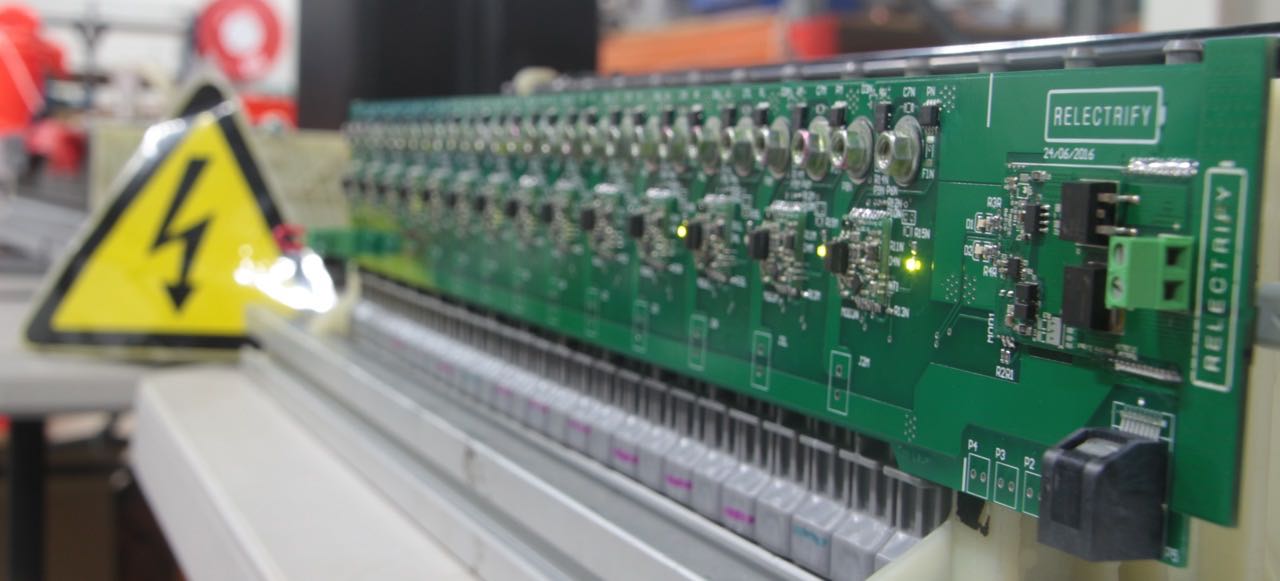Australia’s two biggest clean energy financiers are putting money into a new venture by Melbourne-based start-up Relectrify that proposes to re-use electric vehicle batteries for household storage.
Electrify says it has developed “advanced battery control technology” that reduces the cost of repurposing EV batteries, while boosting performance and lifetime.
The technology combines both power electronics hardware and battery optimisation software, which overcomes the problems of having one “dud” cell in a field of many from large scale batteries.
It says that that once EV batteries reach the end of their life, and struggle to provide the driving range and acceleration required of motor transport, there is still 80 per cent of their storage capability that can be used in household situations. That means a further 2,000 cycles.
Relectrify was co-founded by Daniel Crowley and Valentin Muenzel in 2015, and the company is an alumni of the Melbourne Accelerator at the University of Melbourne. Its technology
Muenzel, the company’s CEO, says recycled batteries can be repurposed widely, including for 12V batteries, household solar battery systems and grid-scale storage.
“Batteries are becoming a fundamental building block of the new energy industry and seeing significant uptake across households, businesses and the power grid. And this is just the beginning. There is an immense need for affordable and capable storage across almost all parts of our lives now and in the future.
The company has raised a total of $1.5 million in “pre-Series A” financing, a type of financing used by start-up companies.
This includes $750,000 in early stage equity investment from the $200 million Clean Energy Innovation Fund, which to date remains the single initiative on clean energy yet achieved by the Turnbull government.
The CEIF is jointly managed by the Clean Energy Finance Corporation (CEFC) and the Australian Renewable Energy Agency (ARENA).
ARENA CEO Ivor Frischknecht said Relectrify’s technology to recycle batteries would reduce waste and make home storage more affordable.
“Relectrify is led by bright and passionate Melbourne-based founders who are looking to bring an innovative idea to renewable energy storage solutions that can significantly lower the cost of energy storage in a sustainable way.
CEFC CEO Ian Learmonth said potential applications for Relectrify’s forward-thinking technology can be adopted across the whole economy to have a significant impact on the way Australians use energy.
“Although home batteries are only a tiny part of our energy storage today, industry experts are saying they could be capable of storing around 15 gigawatt hours by 2035. That’s enough stored electricity to power South Australia’s current summer peak demand for five hours.
“And while electric vehicles currently make up only around 0.2 per cent of vehicle sales in Australia, by 2035 they are expected to represent just over one quarter. That translates to an increasing supply of lithium ion batteries that are no longer useful in cars, but are still incredibly capable for other applications.











